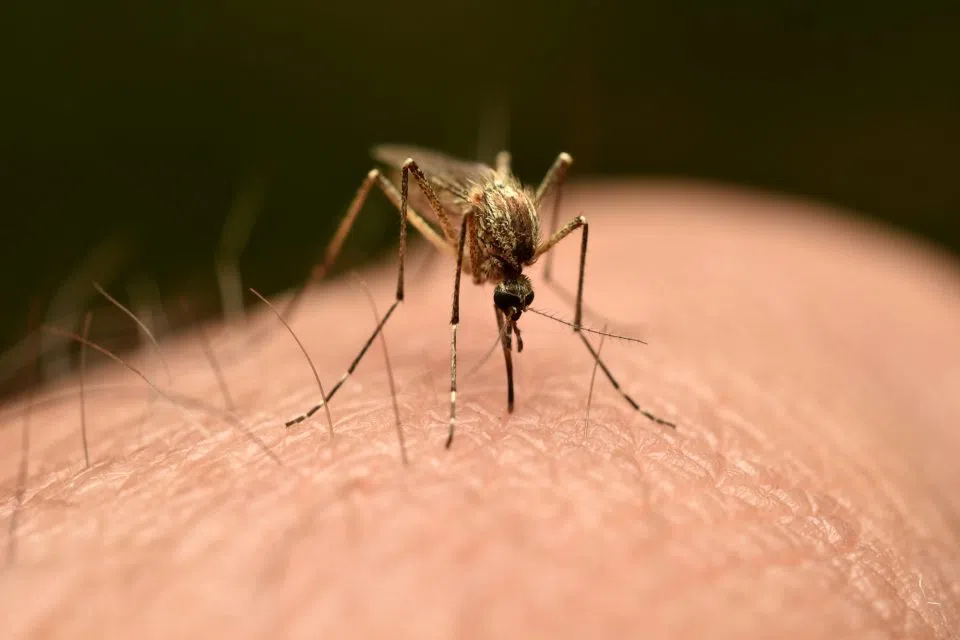Fort McMurray–As summer activities ramp up across Alberta, health officials are reminding residents to take extra precautions when spending time outdoors to avoid insect bites and potential wildlife encounters that could lead to serious infections.
Insect-borne illnesses remain a concern, particularly West Nile virus and Lyme disease. West Nile virus, spread by mosquitoes, can cause flu-like symptoms and, in rare cases, affect the brain. Ticks, commonly found in grassy or wooded areas, can carry Lyme disease, which may lead to long-term complications involving the skin, joints, nervous system, and heart.
To reduce the risk of bites, Alberta Health Services (AHS) recommends:
- Wearing long-sleeved shirts, pants, and hats—especially in wooded or grassy areas.
- Using insect repellents approved by Health Canada, such as those containing DEET or Icaridin.
- Checking for ticks after outdoor activities and submitting photos to the province’s Submit-a-Tick program to help monitor tick populations.
Rabies prevention is also top of mind, particularly when it comes to bats, which are known carriers of the virus in Alberta. Rabies affects the nervous system and can be fatal if left untreated.
AHS advises residents to:
- Never handle live or dead bats with bare hands.
- Ensure pets are up-to-date on rabies vaccinations.
- Talk to children about avoiding contact with wild animals.
- Wash any bites or scratches with soap and water and call Health Link at 811 immediately.
“Summer is a great time to enjoy Alberta’s natural beauty, but it’s important to stay vigilant,” said an AHS spokesperson. “Simple precautions can go a long way in preventing serious health issues.”
For more information on insect repellents, tick safety, and rabies prevention, visit the Alberta Health Services website.












Comments